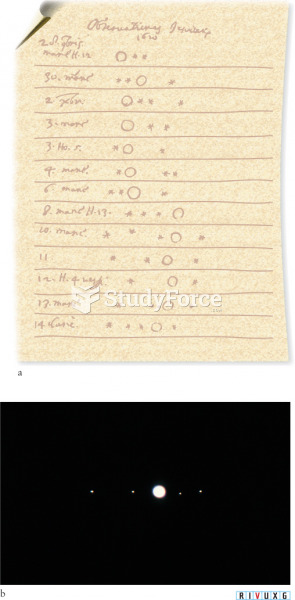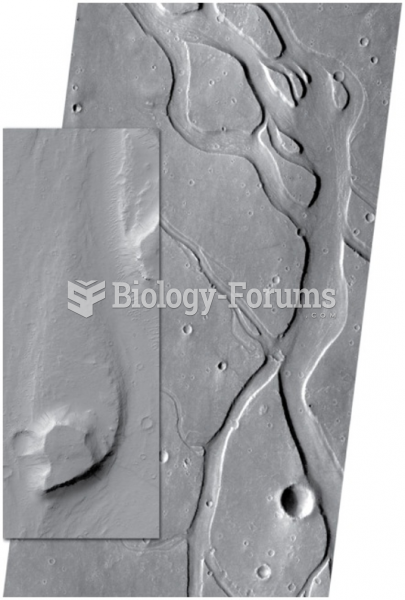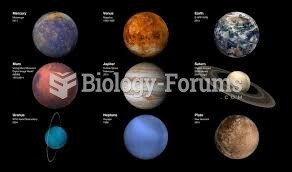|
|
|
A cataract is a clouding of the eyes' natural lens. As we age, some clouding of the lens may occur. The first sign of a cataract is usually blurry vision. Although glasses and other visual aids may at first help a person with cataracts, surgery may become inevitable. Cataract surgery is very successful in restoring vision, and it is the most frequently performed surgery in the United States.
There are 60,000 miles of blood vessels in every adult human.
Most fungi that pathogenically affect humans live in soil. If a person is not healthy, has an open wound, or is immunocompromised, a fungal infection can be very aggressive.
The calories found in one piece of cherry cheesecake could light a 60-watt light bulb for 1.5 hours.
The first oral chemotherapy drug for colon cancer was approved by FDA in 2001.







